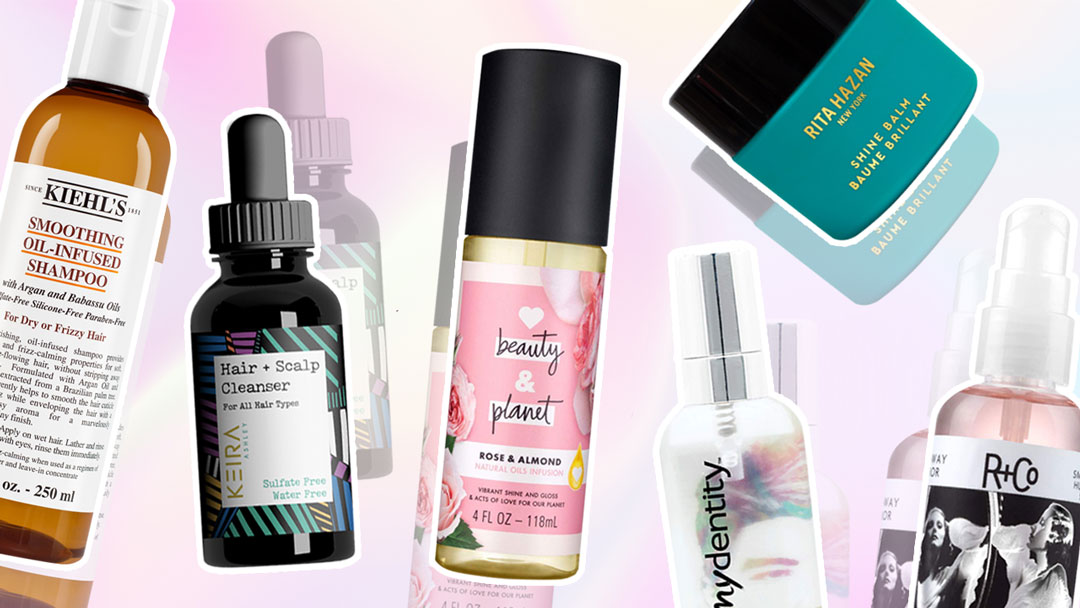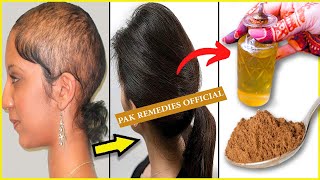The Ultimate Guide on Hair Oils for Natural Hair
You’re wondering if it’s true; does using moisturizing oil for natural hair make a difference? If you’ve spent more than five minutes searching, you’ve probably seen a few different takes, so let the experts at The Cut give it to you straight: it doesn’t matter if you have curled, straight, frizzy, or coiled hair; everyone can benefit from giving their natural hair regular oil treatment.
When you look at yourself in the mirror, where do your eyes go first? Try it out the next time you look in the mirror, and you might learn something about where you put the most focus when it comes to your appearance.
For many of us, hair is the first thing we see, and now that you think about it, you probably do adjust your hair just about every time you glance at your reflection. It’s natural to care about your hair, and since you’re here, you probably already heard from a little bird what using moisturizing oils can do for your natural hair.
The Benefits of Using Oil on Natural Hair

Every once in a while, we kid ourselves into thinking that there are these end-all solutions for all of our cosmetic needs, but the reality is that everyone is different and thus has different needs. You can’t expect one product or treatment to work for all of us, but it never works out that way. So, if you’re thinking about using oil you have to consider a few mitigating factors:
1. How Oily Your Hair Might Already Be
You probably know this already, but you produce natural oils all over your body, including your scalp. The tricky part is that some people produce more oil than others. Now, just because you have naturally oily hair doesn’t mean you should avoid applying moisturizing oil entirely, but it will affect how, when, and what you should apply to your head.
Oil can be great for keeping your hair hydrated, but if you have naturally oily hair, you can already attest that moisture isn’t the only thing oily hair will trap. The oil will also trap any kind of dirt, dust, and fluff that it touches, which means that oily hair can quickly become dirty if not managed properly.
If your hair is already producing natural oil, you should not apply much more than the minimum recommended amount, and even then, you should make sure that you wash your hair more frequently to avoid an unwanted buildup of gunk in your hair.
2. The Dryness of Your Scalp
Another thing to consider is how dry your scalp already is. If your hair is often feeling dry and frizzed out, and as a result, your scalp is producing dandruff, then typically, it is not a good idea to add oil to your hair for more than a couple of hours.
It may seem contradictory to say that applying moisturizing oil to your hair would be bad for your dry scalp but think of it like this: just like cooking, oil speeds up heat transfer.
Whenever you’re running hot, the oil on your skin grows hot too, and if you expose yourself to any heat for too long, it essentially cooks your skin and hair, leaving it dead, dry, and flaky.
3. How Frequently You Treat and Wash Your Hair
Right now, you might be a little shook. Oil is supposed to be good for your hair, right? The answer is absolutely, yes. Applying moisturizing oils for your natural hair does bring many positives. Still, you need to be aware of how much oil is already there and how long you should apply any additional moisturizing oil.
You should apply moisturizing oil for several hours before you plan on rinsing, cleaning, and even treating your hair. This is the secret to effectively using oil on natural hair.
When you apply oil in this manner, the benefits begin to multiply. Using oil will make your hair stronger and protect it when using a blow dryer or straightener. It will hydrate your hair and help prevent frizz, and there are even some oils that can help stimulate hair growth.
What Hair Oils are Right for Your Natural Hair
The benefit of using hair oil is directly proportional to the kind of oil you are treating your hair with. Figuring this out might take a little trial and error as you figure out what oil works best with your unique natural hair. Here is a breakdown of different types of oils you can apply, and what they do best:
Coconut Oil

Coconut oil is non-greasy and works well on all types of natural hair. It is light and is known to add strength to your hair follicles and help prevent hair loss.
Avocado Oil

Compared to other oils, avocado oil is exceptionally light and doesn’t feel nearly as greasy. It’s quick-absorbing and works well with curly, frizzy, or coily hair. Avocado oil is known for enriching your hair with essential vitamins and fatty acids and is also known for helping hair fight back against sun damage.
Jamaican Black Castor Oil
This oil is heavier compared to others, which is something to be wary of when applying. Too much and it could clog up your follicles and make your hair feel heavy. But when applied sparsely, Castor oil can do wonders for growing, strengthening, and conditioning hair.
Castor oil helps rejuvenate receding hair and helps bring vitality to naturally curly or coiled hair.
Jojoba Oil

Jojoba oil is known to have a similar consistency and structure to the natural oils produced by the scalp, making it one of the best oils to moisturize your hair. When applied, Jojoba is quickly absorbed and leaves your hair feeling non-greasy and even silky in its texture.
Grapeseed Oil

Grapeseed oil works especially well with curly hair and allows added manageability to hair types typically tough to handle. Grapeseed oil is light and stands up well against the heat. Use this oil also to combat dry and scratchy scalps.
How to Apply Oil to Your Natural Hair

To reap the most benefits from applying oil to your doo, you must make sure to apply it the right way and in order with your current hair-wash and treatment routines. Follow these steps to ensure that you are getting the most out of your oil.
1. Warm Your Oils Before You Apply
Before applying the moisturizing oil to your head, you need to warm the oil slightly. The easiest way to do this is to take a very small bowl of your oil and place it in a larger water bowl. Place both in the microwave and heat ten seconds at a time until warm.
2. Massage Oil Gently into Scalp
Starting at the back of your head near the nape, take a dime to nickel size amount of oil and massage gently into the scalp from back to front, and side to side.
3. Wrap and Protect Your Head
After you’ve applied the oil, it is important to keep your hair protected, so it does not get dirty and gunky during your treatment.
4. Rinse-Off Thoroughly
How long you keep your oil in your head is up to you, but keep in mind that you should rinse the oil out within eight hours of application.
Rinse your hair several times over with room temperature water and then lightly clean with shampoo and conditioner. Remember that you should apply oil to your hair intermittently and always follow up with a rinse, so you only receive the benefits of treating your hair with oil.
Final Thoughts
So, if you were wondering about how moisturizing oils work for natural hair, now you know. The benefits are too good to pass up. Hair oils are perfect for any hair and any hairstyle, especially if you have curly, frizzy, or oily hair. There are many hair oils for natural hair, you just need to find which oil and treatment are right for you.




